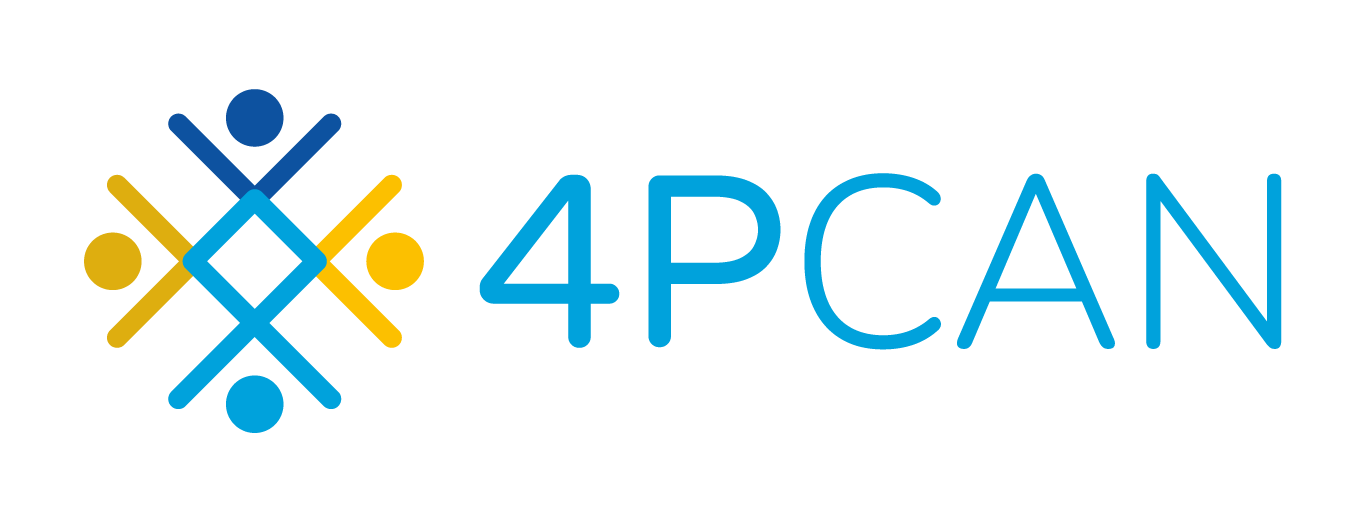Целта на живите лаборатории в проекта 4P-CAN е активното включване на гражданите като водещи реализатори на промяната. Ще бъдат създадени две регионални „Живи лаборатории“(Living-lab) в Румъния, Южна Мунтения и град Пловдив, България, където гражданите ще имат възможност да споделят своите нагласи, възприятия и поведение, свързани с превенцията на рака и здравословния начин на живот.
В рамките на румънската „Жива лаборатория“ (Living-lab) ние ще използваме изследователски подход със смесени методи, като събираме данни от приблизително 200 активно участващи граждани. Чрез количествени анкети и качествени интервюта ще събираме социално-демографска информация, подробности за личните мрежи от социални контакти и медицинско състояние. Ежегодните повтарящи се измервания ще осигурят представа за ефектите на социалните фактори върху здравните навици, като се използват статистически модели за тестване на мрежово ориентирани механизми и мрежови генериращи процеси.
Целта на българското участие в инциативата и в рамките на $P-CAN е да прилага и следва една методология на обследването заедно с Румъния в процеса на изглраждане и развитие на „Жива лаборатория“ (Living-lab). Той ще включва внимателно подбран панел от около 200 души в Пловдивска област и ще събира лични данни, включително медицинско състояние и лични контактни мрежи на взаймодействие. Лабораторията ще се фокусира върху свързаните със здравето фактори на околната среда, като качеството на въздуха и излагането на радон, използвайки цифрови технологии за динамично измерване на качеството на въздуха и измерване в реално време на нивата на радон. Ще бъде разработена специална методология за подбор на домакинства и работни места въз основа на статистическите данни за рак на белите дробове, а събраните данни за околната среда ще бъдат свързани с нагласите, поведението и моделите в социалните мрежи. Екипът на Пловдивския университет също ще сппомогне румънския екип в изследването на ключови фактори на околната среда, свързани с риска от развитие на онкологични заболявания.

© 2023 All rights reserved.
Funded by the European Union. Views and opinions expressed are however those of the author(s) only and do not necessarily reflect those of the European Union or European Health and Digital Executive Agency (HADEA). Neither the European Union nor the granting authority can be held responsible for them.
We use cookies or similar technologies for technical purposes and, with your consent, for other purposes as specified in the cookie policy. Denying consent may make related features unavailable.
Use the “Accept & Close” button to consent. Use the “Decline” button or close this notice to continue without accepting.
To find out more, read our cookies and privacy policy.